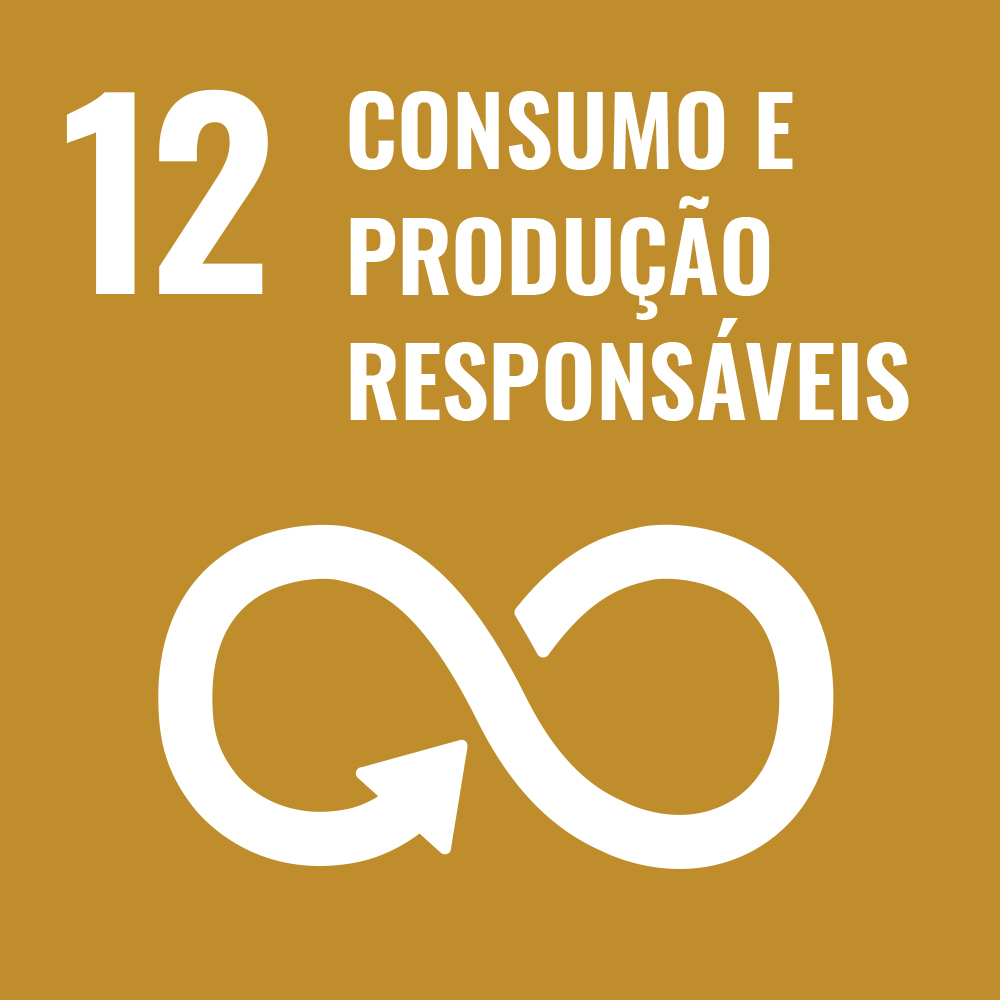Sustainable public procurement
What are sustainable public procurement?
Sustainable public procurement is a strategic approach adopted by governments to promote economic and social development with environmental responsibility.
It consists of incorporating sustainability criteria into government procurement with the goal of reducing environmental impact, promoting energy efficiency, encouraging responsible production and consumption, and fostering social inclusion.
In Brazil, the legislation that establishes guidelines for sustainable public procurement is Law No. 8,666 of July 21, 1993, which provides for acquisitions and administrative contracts, as well as Law No. 12,305 of 2010, which establishes the National Solid Waste Policy.
The new regulatory framework for acquisitions (Law 14,133 of April 1, 2021) establishes sustainable national development among its principles (article 5) and as one of its goals (article 11, item IV). In addition, it provides for environmental sustainability criteria as one of the parameters for defining variable remuneration associated with the contractor's performance (article 144).
These laws aim to encourage the acquisition of products and services that meet sustainability criteria, promoting sustainable development and preservation of the environment.
In the Brazilian context, SDG target 12.7 encourages the country to promote public procurement and management practices that are sustainable, in accordance with national policies and priorities. The initiative seeks to boost sustainable development through government procurement that considers environmental, social and economic aspects, aiming to build a more balanced and conscious society.
Why sustainable public procurement
Sustainable public procurement plays a key role in promoting sustainability and striving for a more balanced development. The topic is of utmost importance as government procurement represents a significant portion of the economy and has the potential to drive large-scale sustainable practices.
According to World Bank data, government procurement accounts for about 9.4% of the country's Gross Domestic Product (GDP), which attests to its economic relevance and the opportunity to positively influence the market.
In 2022 alone, and only taking the national level into consideration, more than BRL 163 billion was invested in contracts, resulting in 148 thousand acquisitions.
Adoption of sustainable procurement criteria, such as a preference for products that are environmentally friendly, socially responsible, and with low environmental impact, can stimulate innovation, strengthen the sustainable production chain, and contribute to environmental and societal well-being.
Thus, sustainable public procurement represents a strategic tool to achieve environmental, social and economic goals, promoting a more sustainable and resilient future.
United Nations 2030 Agenda
Sustainable public procurement is also highlighted in the United Nations 2030 Agenda for Sustainable Development. Among the 17 Sustainable Development Goals outlined in the Agenda, number 12 deals with responsible consumption and production.
